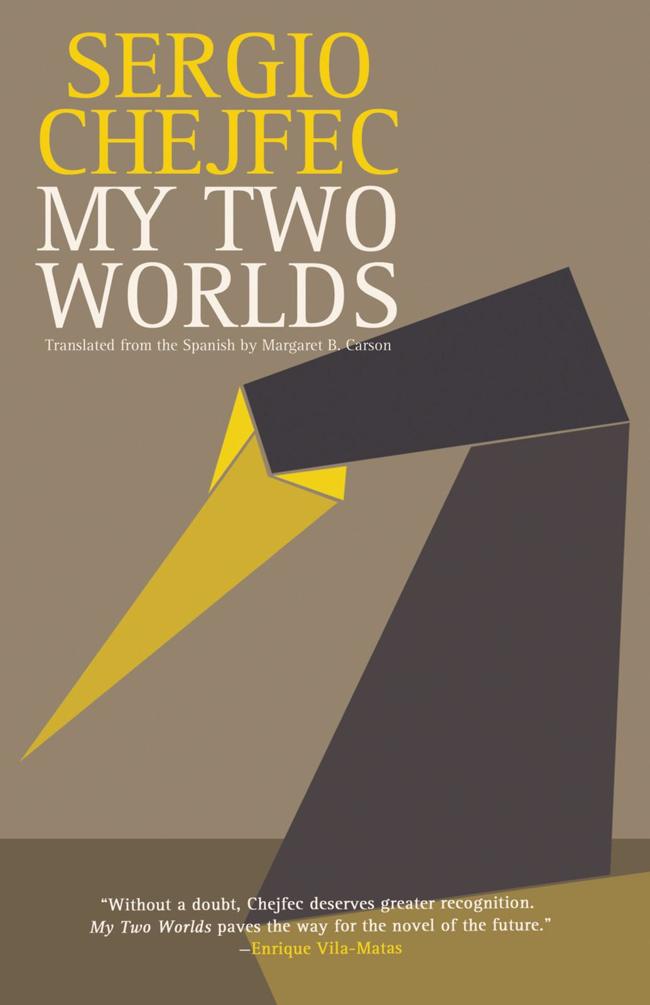
My Two Worlds
کتاب های مرتبط
- اطلاعات
- نقد و بررسی
- دیدگاه کاربران
نقد و بررسی

June 13, 2011
Lean, thoughtful, and keenly observed, the Argentinean Chejfec's first work translated into English packs a great deal of insight into 102 pages. The narrator, an unnamed Argentinean writer, wanders a city in the south of Brazil. He is a great enthusiast of walking, going so far as to claim that it saved him, although from what he's uncertain: "maybe from the danger of not being myself... because to walk is to enact the illusion of autonomy and above all the myth of authenticity." Recently, however, the act has become less meaningfulâor perhaps less mysteriousâto him. He seeks out a park "too large not to have the air of abandonment which so appeals" to him. He is self-conscious, worried about being ignored, and sure he's being judged; that the judgment of others remains opaque bothers him. Of ultimate concern, finally, is that walking has stopped giving him real insights. The book he's brought with him doesn't interest him nearly as much as boats shaped like swans, the meaning of time, or any number of other observations rendered in fascinating detail. Carson's magnificent translation of Chejfec's latest work should be treated as a significant event.

August 1, 2011
During long walks through an unfamiliar Brazilian city, where he is attending a literary conference, an Argentine novelist free-associates on the nature of writing, memory, surroundings and human interaction.
This first novel by New York–based Argentine native Chejfec to be translated into English is a slim, gracefully discursive work. The unnamed 49-year-old writer, who we assume is very much like Chejfec, is determined to find his way to a park without the benefit of a map—an intuitive, improvisational approach that reflects his thought process. For the narrator, consciousness works like the Internet, one observance or reference point linking to another. But though his walks all begin with a sense of adventure and possibility, they quickly leave him in a state of uselessness and boredom, leading him not to revelations but a "nostalgic anxiety." Word that his new novel is getting poor reviews doesn't help his mood. For all that, the novel never hits a dull patch in reflecting on the duality of writers who exist with one foot in reality and the other in imagination. Chejfec is especially good in analyzing our relationships with simple passed-on objects such as cigarette lighters and watches, which have a penchant for "concealing the history they have witnessed, in complete silence." It's up to writers like him to make them speak. Combining the documentary insight of W.G. Sebald with the fanciful flights of Italo Calvino, the book allows us to enter the thoughts of a restless intellectual whose streams of thought involve the reader in his quest to find meaning in everything he sees and does.
A short but penetrating novel about coexisting in the material world and the world of thought.
(COPYRIGHT (2011) KIRKUS REVIEWS/NIELSEN BUSINESS MEDIA, INC. ALL RIGHTS RESERVED.)

























دیدگاه کاربران